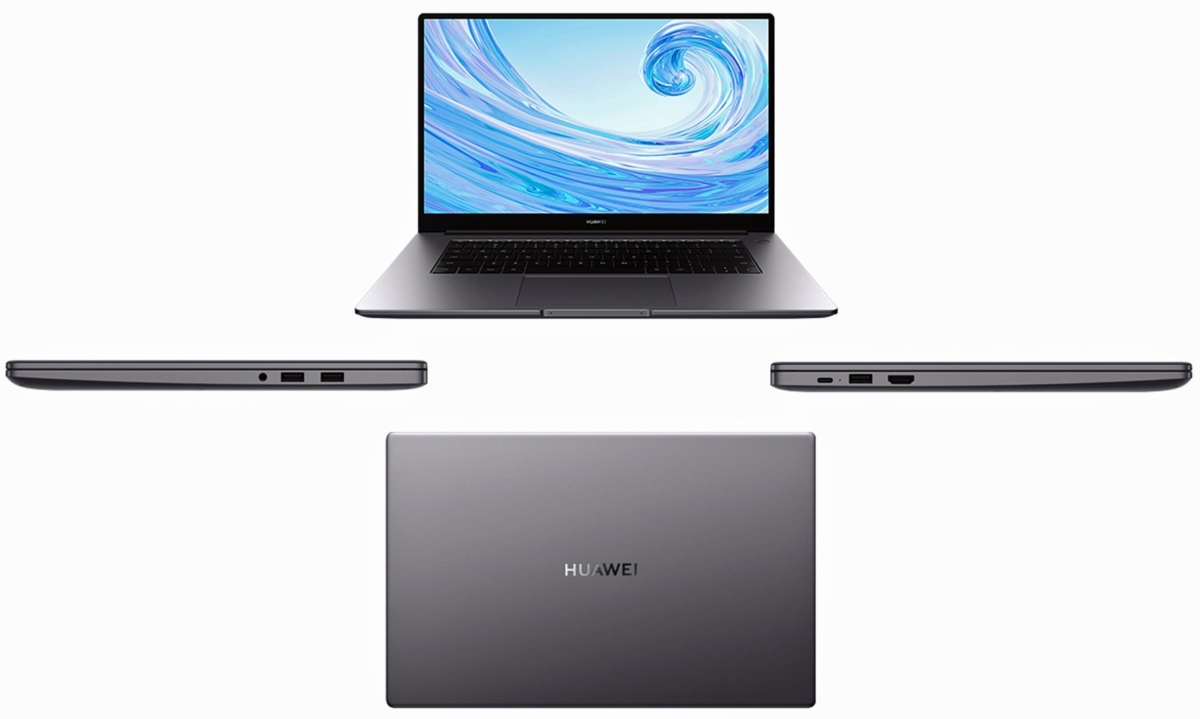Microsoft can start selling to Huawei again
Senators call for end to licences as US-Huawei ban continues

Microsoft has been granted a licence to deal with Huawei, paving the way for the Windows 10 software to be used on the Chinese company’s PCs.
Earlier this year, the US government banned American companies from dealing with Huawei on national security grounds.
Huawei has frequently denied any allegations that its products are a security risk, and the ruling limits the Chinese firm’s access to key technologies, including Google’s Android operating system.
- What is 5G? Everything you need to know
- Huawei details 5G base station and modem chips
- US has 'no evidence' for claims
Huawei latest
Meanwhile, US companies want to be able to do business with the Chinese firm, arguing that the sanctions have cut off a valuable source of revenue. Washington has eased its stance slightly, promising to issue licences to firms who want to sell non-sensitive goods. However as late as last week no applications had been approved.
It is now thought that the US Commerce Department has received 300 applications, of which half have been processed. Half of these submissions have been approved with the other half rejected. Microsoft told Reuters that its application had been accepted, making it the most high-profile recipient to date.
This means Huawei laptops will continue to receive updates for key software, such as Windows 10, and that new machines can run the platform.
However US Senators from both major parties have urged the US government to stop issuing licences because they could threaten US security. In a letter to President Donald Trump, 15 senators said the process should be halted until it has been determined what criteria for determining whether the approval of a licence are being used.
Are you a pro? Subscribe to our newsletter
Sign up to the TechRadar Pro newsletter to get all the top news, opinion, features and guidance your business needs to succeed!
Separately, the Federal Communications Commission (FCC) had declared Huawei and ZTE to be national security risks, preventing carriers from using government funding to procure goods from either company. China has responded by calling for an end to the US’s “abuse” of national security claims and that of Chinese companies.
Despite not providing any evidence to support its claims, the US is urging its allies to follow its lead and ban Huawei from their mobile infrastructure. The policy has had mixed results and the latest target is Canada.
A US national security advisor has urged Canada not to use Huawei 5G equipment, arguing that intelligence sharing could be compromised and that it would grant China access to information about every Canadian.
Canada’s decision was postponed until after a general election last month and is complicated by political factors. Huawei CFO Meng Wanzhou was arrested in Canada in December last year and is facing extradition to the US to answer charges of fraud. It is alleged that Wanzhou aided Huawei to avoid sanctions on doing business in Iran, which if proven, could have put multinational banking organisations at risk of breaking those sanctions too.
The incident has exacerbated Huawei’s issues, heightened tensions between the US and China, while also causing a deterioration between Canada and Beijing. Chinese authorities have called for immediate release.
Meng is the daughter of Huawei founder Ren Zhengfei, who has also suggested the arrest was politically motivated.
- Here are the best deals for Huawei mobile phones in November 2019
Via Reuters
Steve McCaskill is TechRadar Pro's resident mobile industry expert, covering all aspects of the UK and global news, from operators to service providers and everything in between. He is a former editor of Silicon UK and journalist with over a decade's experience in the technology industry, writing about technology, in particular, telecoms, mobile and sports tech, sports, video games and media.